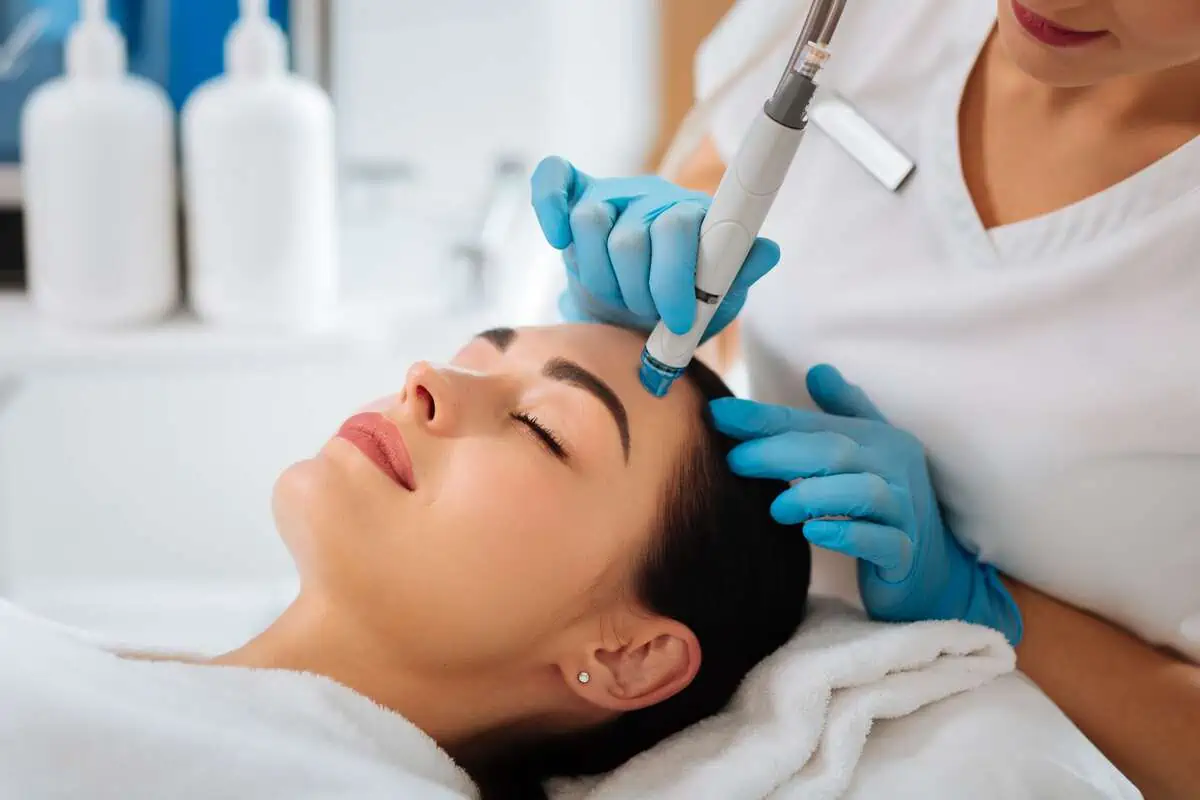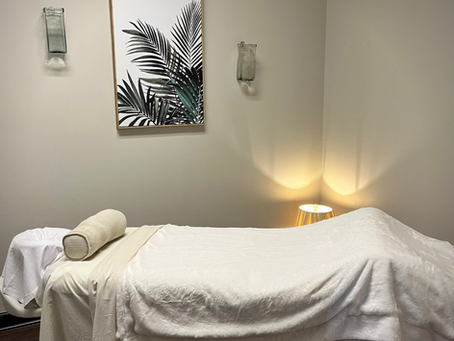Prenatal massage is a therapeutic approach specifically designed for expectant mothers. As pregnancy progresses, many women experience increased stress and discomfort due to the physical and hormonal changes in their bodies.
Prenatal massage alleviates some discomforts, providing relaxation and numerous health benefits. It’s a gentle practice tailored to the needs of the mother-to-be, ensuring safety and comfort throughout the session.
How Prenatal Massage Is Performed
During a prenatal massage session, the mother-to-be is usually positioned on her side with cushions for support to avoid pressure on the abdomen. Massage therapists trained in prenatal techniques use gentle strokes and pressure to relax muscle tension and improve blood circulation.
These sessions typically focus on the areas most affected by pregnancy, such as the back, hips, and legs. The goal is to enhance the mother’s comfort and provide stress relief.
Benefits of Prenatal Massage
Prenatal massage offers extensive benefits. It can significantly reduce back pain and joint soreness, enhance circulation, decrease edema (swelling), and improve the oxygenation of muscles and soft tissues.
Moreover, it addresses the emotional stress of pregnancy by releasing endorphins. Women often report better sleep after a massage session, which is crucial during pregnancy when rest can sometimes be elusive due to discomfort.
Psychological Effects of Prenatal Massage
The benefits of prenatal massage aren’t just physical. It also plays a critical role in a woman’s emotional and psychological health during pregnancy. The nurturing touch provided during a massage helps to soothe anxiety and depression, which are common due to hormonal changes. This emotional support can be invaluable, helping to foster a positive pregnancy experience and prepare for motherhood.
Prenatal Massage Techniques
Several techniques are used in prenatal massage, each chosen based on the individual’s needs and how far along they are in their pregnancy.
Techniques such as Swedish massage are popular for their soft, long strokes and are ideal for relaxation and increasing blood flow. Other methods, like light joint mobilization and stretch techniques, can help enhance flexibility and mobility, making the pregnancy journey more comfortable.
Best Practices for Prenatal Massage
It’s essential to consult with a healthcare provider before starting any new treatment during pregnancy, including prenatal massage. Once you have the green light, finding a certified massage therapist specializing in prenatal techniques is crucial.
These professionals understand the nuances of a pregnant body and how to provide care without compromising the mother or baby’s safety. Regular sessions can be an excellent way to manage pregnancy symptoms and enhance overall well-being.
How Important This Is
As the body undergoes significant changes during pregnancy, prenatal massage can be adjusted to address the evolving needs. In the earlier stages, the focus might be alleviating morning sickness and reducing stress. At the same time, later sessions might concentrate on relieving pressure from the back and pelvis as the baby grows. Massage therapists also employ various positions and techniques to ensure comfort and safety throughout all trimesters.
Additionally, gentle stretching and relaxation exercises can be incorporated to help with fluid retention and enhance sleep quality. These adjustments ensure that each session provides the maximum benefit, making prenatal massage a versatile and essential part of prenatal care.
What is The Best Time During Pregnancy To Start Prenatal Massage?
Prenatal massage can be beneficial at any stage of pregnancy. However, most women begin receiving massages in their second trimester when discomforts like back pain and leg cramps become more prominent. Always consult with your healthcare provider before beginning any new therapy during pregnancy.
Are There Any Conditions Under Which Prenatal Massage Must Be Avoided?
While prenatal massage is safe for most pregnant women, there are certain conditions where massage may not be advisable. These include severe nausea, high blood pressure, previous preterm labor, or risk of preterm labor. Before starting a prenatal massage program, always discuss your health history with your healthcare provider and massage therapist.
How Often Should I Get a Prenatal Massage?
The frequency of prenatal massages can vary based on your personal needs, health status, and healthcare provider’s recommendations.
Some women benefit from a weekly session, while others find a bi-weekly or monthly session sufficient. Discussing your specific circumstances with a qualified therapist will help determine your best schedule.
Can Prenatal Massage Help in Natural Labor Penetration?
Yes, prenatal massage can help in preparing for natural labor. Techniques used in prenatal massage can relax muscle tension, improve circulation, and increase awareness of body mechanics. The relaxation effects can also help you manage pain and anxiety during labor.
What Should I Look For in a Prenatal Massage Therapist?
It’s important to choose a massage therapist who is certified in prenatal massage. These therapists have received specific training on the anatomy of pregnant women and know how to address particular discomforts safely. Always check the therapist’s credentials and ensure they have experience providing prenatal massages.
Is Prenatal Massage Worth it?
Prenatal massage offers numerous benefits, making it a worthwhile addition to prenatal care. It not only provides physical relief from common pregnancy-related discomforts like back pain and swelling but also promotes emotional well-being by reducing stress and anxiety.
These sessions can enhance your pregnancy experience, making you feel more relaxed and prepared for childbirth. Given these advantages, many women find prenatal massage an invaluable part of their journey through pregnancy.
Embrace the Comfort of Prenatal Massage
Prenatal massage is more than a luxury; it’s a beneficial addition to prenatal care. With its ability to soothe sore muscles, calm the mind, and prepare the body for delivery, every expectant mother should consider adding it to her care routine.
If you’re pregnant and looking to ease the discomforts of pregnancy while preparing your body and mind for the adventure of motherhood, prenatal massage might be just what you need.
Interested in experiencing the benefits of prenatal massage for yourself? Book an appointment with us here at Tyme Day Spa. Discover relaxation and relief designed for you, helping you enjoy a healthier, happier pregnancy.






